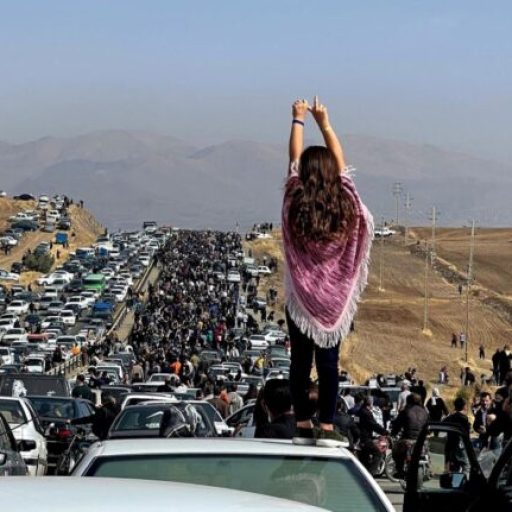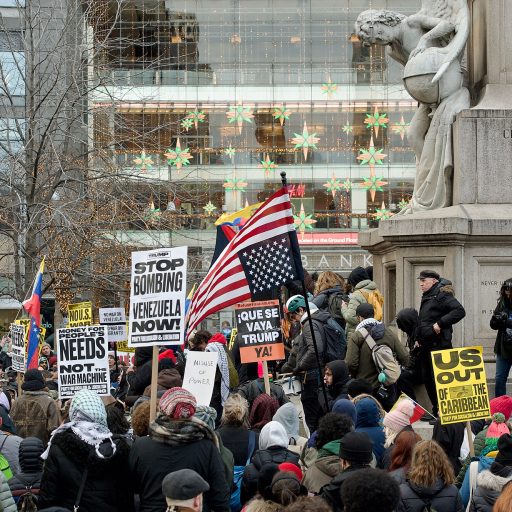By Partido Revolucionario Moderno (PRM), República Dominicana, Dr. Jesús Feris-Iglesias
The coronavirus family regularly affects animals through the respiratory and intestinal tracts. However, in the last 100 years, coronaviruses have affected humans three times.
The first time was in China in 2002, when a large number of people were affected by a severe acute respiratory syndrome (SARS) with a 10% death rate. Transmission to humans was through bats. The second time was in 2012 in the countries of the Middle East, called MERS (Middle East Respiratory Syndrome) causing a lethality of 35%. This time the transmission was from camel to human. On both occasions, there was no specific treatment, no vaccine, but fortunately it disappeared.
The third occasion was on December 31, 2019, in Wuhan, China where a series of cases with pneumonia were reported whose radiological and tomographic characteristics were similar. Days later, the microbiology laboratory reported a new strain of coronavirus.
From that moment on, an epidemic began in Wuhan in which a sanitary fence had to be established around the city of 11 million inhabitants, which did not prevent its extension after a few days, covering some 44 million people.
Despite the health siege, the epidemic spread throughout most of China, as well as to Asian countries such as Korea, Japan, Iran, among others.
At the end of January 2020, the epidemic entered Europe, specifically Italy around Milan, because it had a frequent commercial relationship with Wuhan, on the new silk route. The epidemic in Italy was explosive and the number of cases and deaths increased exponentially, which is why the Italian authorities decreed a total quarantine throughout the country.
Despite the fact that many countries closed their borders, others like the Dominican Republic did not think about closing it due to the arrival of tourists mainly in these months, when winter hits European countries, especially Italy and Spain that have daily flights to our country.
On February 28, 2020, Italy reported 800 cases and 20 deaths and was identified as the exporter of cases to Brazil and Mexico. On that day, the Dominican government suspended direct flights from Milan, leaving all other flights from Europe free to continue flying to our country.
Despite the fact that on March 12 Italy registered 12,839 positive cases of coronavirus and 1,016 deaths, the Dominican government did not decide to close flights from Europe, China, Korea and Iran until four days later, on March 16. That day, we already had 11 confirmed cases of positive coronavirus in the country, all imported.
Clearly, our health authorities acted late to take measures to prevent the entry of the coronavirus.
On the 16th, the president of the country appointed a Commission for the Study and Containment of the Virus, of which I am a member as a National Researcher.
The epidemic continues in the country, as a case of local transmission is detected. On March 16, the presidency of the country forms the second High Level Commission for the Containment of the Coronavirus, presided over by the Ministers of the Presidency; Economy, Defense, Finance, Public Health, Administration, Tourism, Education, Presidential Advisor, and several other directors, leaving the first Commission without effect.
Given the lack of preparatory action in accordance with international information on what was happening in Asia and Europe, the Dominican government did not show a coherent and well thought-out plan of action to confront the epidemic that has gone hand in hand with them without adequate preparation, without prevention and containment protocols and without the capacity in terms of hospital occupation, laboratories with sufficient diagnostic identification tests, scarce mechanical ventilators, precarious personal protection equipment, in short without any concrete plan that would permanently inform the population and health personnel of what is happening on a daily basis.
As a political party in the opposition, we have prepared documents to present the government with proposals on how to face the crisis of the epidemic based on an integral, transparent and efficient management that contemplates a line of foresight, attention and adequate and timely social assistance, which serves, as far as possible, to compensate for the deficient official management.
We consider creating a national information chain by all means to keep the population informed. Where they should go for laboratory tests. In this sense, we proposed the “Drive through” modality.
Regarding social isolation, we consider that a curfew of 24 hours for 14 days should have been established to prevent transmission. Before and after this drastic measure, establish sanitary cordons in neighborhoods and municipalities where cases have been detected to break transmission.
The direct food assistance to the houses, should be carried out immediately if the 24-hour quarantine had been decreed, using the structures of all the political parties, those of the government and opposition, and of the Neighbourhood Councils and community leaders of the neighbourhoods, accompanied by the Armed Forces.
Through international cooperation, ask China and Korea, who have already controlled the epidemic, to help with qualified human resources to assist in medical care and train local people in the use of fans given the exaggerated demand and the lack of professional personnel trained for such functions.
Purchase massive rapid tests to provide sentinel knowledge of how the epidemic is affecting the entire territory. Repeat these tests periodically to find out whether or not the measures are being effective.
On the other hand, new spaces must be adequately and immediately made available for isolation and medical assistance services, as well as for the accommodation of elderly people living in overcrowded and precarious conditions. These premises can be closed hotels, campala clinic tents, closed sports centres and apartments not yet opened, among others.
The medicine, food, cleaning, agricultural and livestock industries, ports and airports must be allowed, as indeed they are allowed, to allow their employees to work even if they are closed. Likewise, families should be allowed to go in search of medicines in pharmacies, food stores and any other essential activity.
The government should reallocate budget items to address this calamity and provide at least the minimum wage to the indigent and unemployed.
As of today, April 1st, we have registered 1,284 infected, 57 (4.4%) dead, 9 recovered, 2,418 discarded.
We do not visualize that the epidemic will end soon and the presidential elections are scheduled for May 17. The latter merits another article.




![Headline: Hier bitte das Thema [ Headline] 24.10.25, Lucerne, Switzerland, Progressive Alliance PA women conference](https://progressive-alliance.info/wp-content/uploads/elementor/thumbs/MAW251024mw859033AdobeRGB-scaled-recq0qxu9kb6pncdi2i7wo6ttne03ppnu58zxxdc74.jpg)
![Headline: Hier bitte das Thema [ Headline] 25.10.25, Lucerne, Switzerland, Progressive Alliance PA women conference](https://progressive-alliance.info/wp-content/uploads/elementor/thumbs/MAW251025mw860402AdobeRGB-scaled-recs8kegm3kqlleif2kq512xsjz2qfl3t7kc0t0tts.jpg)